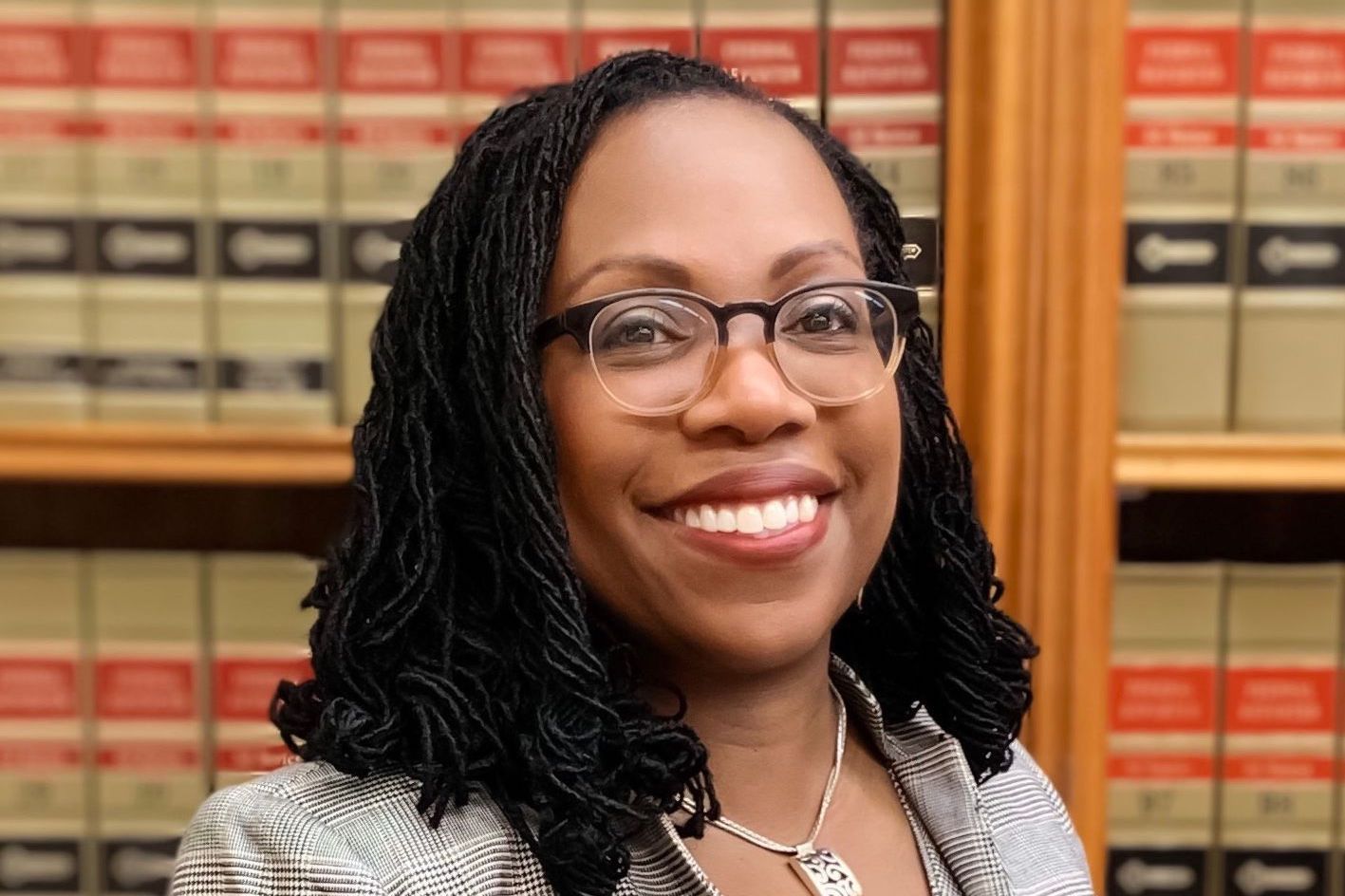On Friday, President Biden nominated Judge Ketanji Brown Jackson to be the next associate justice to serve on the U.S. Supreme Court (SCOTUS), filling the seat to be vacated by Justice Stephen Breyer. Although much of the media focus to this point has been on Biden fulfilling his pledge to nominate a Black woman if he was given the opportunity to fill a SCOTUS vacancy, Judge Jackson’s nomination marks another important milestone: she would be the first former public defender to sit on the Court and the first justice with criminal defense experience since Thurgood Marshall. While Judge Jackson’s supporters and detractors alike may make too much of her former role, it is important for Americans to understand why it may make a difference for the Court.
Most of our laws are flawed on some level, not only because they were drafted by inherently imperfect people, but because they are usually a result of political processes and compromise. After a law is enacted, it is often applied and enforced unevenly because of ambiguous language, local priorities, or just plain happenstance. When federal judges and the Supreme Court specifically examine the propriety and constitutionality of those laws, they often do so in a manner that sets policy one way or another, whether directly or indirectly. Putting aside the political fights about “judicial activism” and “legislating from the bench,” the reality is that even the most judicious judge who aims to “call balls and strikes” is going to have enormous power over subjective policy decisions.
In the criminal law realm, those policy decisions invariably restrict or widen the power of government and its agents to investigate, arrest, or punish individuals for violations. While police departments and prosecutors must abide by the limits set by the courts in their jurisdictions when doing their jobs, they can and do use court-set limitations to their advantage in future cases. That is, when a court opinion explains what police and prosecutors cannot do, they are implicitly providing ways for police to get the information or evidence they want. If one thinks of a court opinion as drawing a line in the sand, everything up to that line remains fair game.
Take, for example, the Supreme Court decision U.S. v. Whren (1996). In that case, the unanimous Court said that a police stop that was alleged to have been a result of racial profiling was legal because there was a traffic violation that prompted the stop and subsequent discovery of cocaine. Stopping a car solely because of a driver's perceived race remains illegal under the 14th Amendment’s equal protection clause, but if a person violates a traffic rule, a police officer may stop the vehicle for that reason—even if it is just as a pretext. In the abstract, this seems reasonable: a violation is a legitimate reason to pull someone over therefore the Court made the right decision.
But the reality of U.S. traffic laws is that they are so numerous and varied that virtually every person commits some violation every time they drive an automobile. Thus, if a police officer is suspicious of a car for a prohibited reason—race, for example—he can follow that car until the driver commits the most minor violation to initiate a stop and investigation. Such overaggressive use of traffic stops is how and why Philando Castile was stopped more than 40 times in ten years before he was fatally shot by an officer during a roadside stop.
Other Fourth Amendment jurisprudence—Court opinions judging the rules regarding searches and seizures—give police officers extraordinary latitude to conduct roadside interrogations and vehicle searches. So, while the text of Whren explicitly re-states the illegality of racial profiling by police, the reality of Whren is that it provided a blueprint for police to stop drivers regardless of the impropriety of their intent. As with most criminal laws, such questionable police tactics and other aggressive law enforcement practices fall hardest on the poorest and most marginalized Americans.
An experienced defense attorney will know the tricks and procedural end-runs police make to comply with Court decisions in letter but not in spirit. One hopes, then, Justice Jackson will be more likely to protect the constitutional rights of Americans not just in theory, but in practice.

